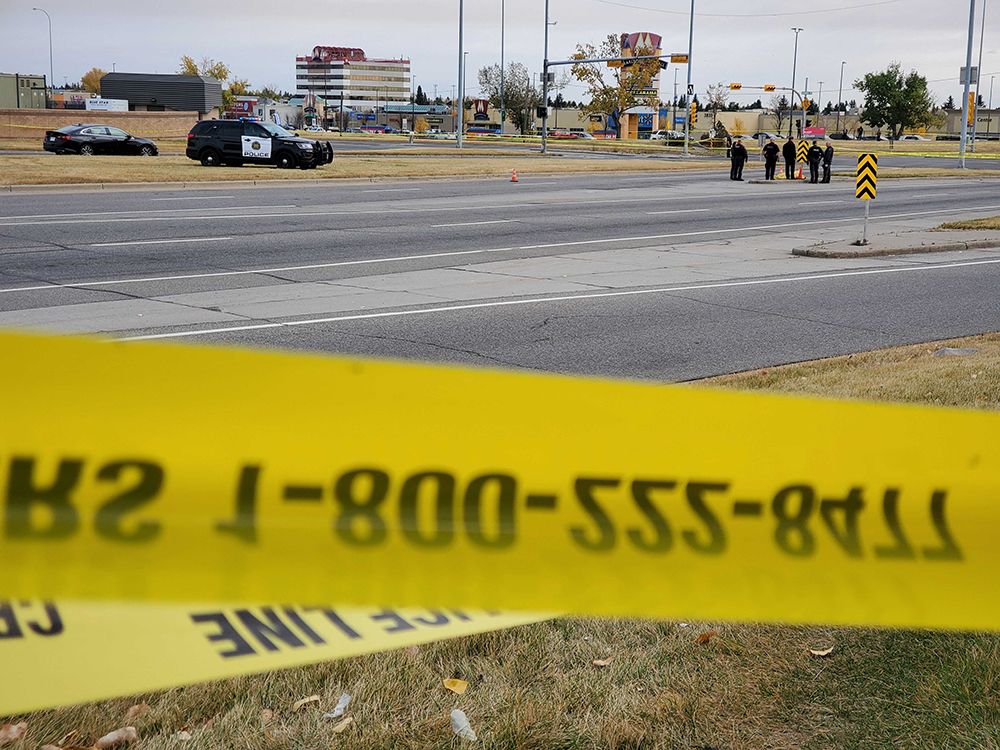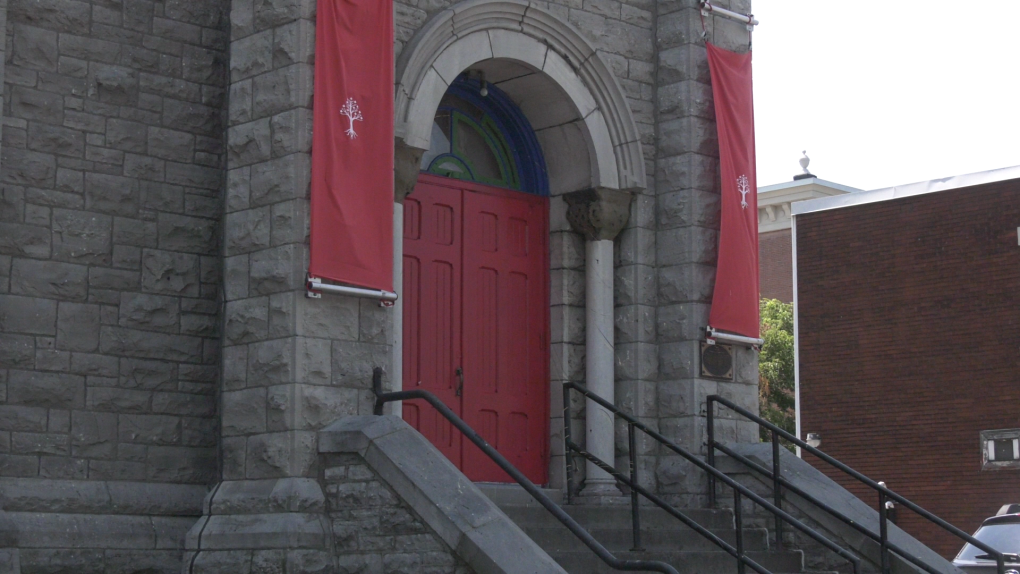I’ll be honest, I’ve disconnected from following politics for around a year & a half or so now — and I had no idea how blissful it can be to be in the dark.
There is no getting around following the Prime Minister’s constant verbal diarrhoea. I feel the same way as you do
I'm glad these folks were remanded. I am all for people protesting, especially when they are protesting what very much appears to be exceptional government overreach. Conspiring to murder anybody, especially our police officers, should get you remanded for obvious reasons.
That being said... Having to wait almost a year for your trial to happen, when one is presumed innocent until proven guilty, causes me concern.
If the Crown has enough solid evidence that it is comfortable proceeding with the file, And asking that the individual be remanded - Why is the trial scheduled for almost a year from now?
Yes the Crown has an obligation to provide disclosure in a timely manner, and the accused needs time to retain legal counsel, etc.
But being stuck behind bars for almost a year when you haven't been convicted of the crime... In the bigger picture, it seems concerning?
( I am not arguing that the individuals do not pose a threat to society. Clearly if they have the firearms and other paraphernalia as stated, And their communications support the charges, etc.
My only concern stems from having people remanded for such a long period when they have not been convicted of a crime. The seriously can't schedule anything sooner than June?)
That kind of timeline is normal, largely due to the challenges of scheduling court. Defense counsel availability can be a huge issue, and then you need a judge with sufficient time open for the anticipated trial length. The SCC case R V Jordan addressed this, and set a timeline of 18 months in provincial court or 30 months in superior court as presumptively unreasonable. Time added by defense doesn’t count, and there’s a mechanism for arguing delays from outside factors.
I also think you underestimate how long it can take defense counsel to prepare for a trial. I’m involved in disclosure on a major file and the sheer volume of material counsel on both sides have to review is staggering. Defense can’t rush it.
A LOT goes into whether someone gets bail or not, and on our end, properly preparing a bail package can be a lot of work. Been there, done that many times. The presumption is that a person will get bail; the onus is usually on the crown to demonstrate why they shouldn’t, excepting some limited reverse onus situations. Bail hearings are often covered by publication bans, and we don’t get to learn the reasons til later after trial. I think that’s the case here. Such bans are normally requested to protect the integrity of a later trial and to avoid tainting a jury pool.
As an add on to this, if any are acquitted are they entitled to compensation for the dismantling of their lives? Not for a moment bringing their guilt or innocence into it, I have a peace officer daughter with an RCMP hubby. These muppets deserve everything coming to them.
If they think they can argue that they were wronged civilly they can try, but there’s no default damages or anything. Not getting criminally convicted doesn’t mean you didn’t actually do the thing you’re accused of. Legal culpability is often a much higher threshold than factual events.








